In Satartia, Mississippi — a tiny village of just 50 people along the Yazoo River — something once thought impossible is now becoming reality. The community is on track to receive high-speed fiber internet, a rare and transformative development for a town of its size. Thanks to a combination of persistent local leadership, strategic nonprofit advocacy, and mission-driven partnerships, Satartia is proving that even the smallest towns can close the digital divide.
“This project, before COVID, would’ve been unheard of,” said Caleb Etheridge, CEO of Etheridge Performance Cable (EPC), the contractor handling the infrastructure work for the broadband network. “With only 41 possible passings and maybe half of those taking service, there just wasn’t enough return on investment for providers to build out fiber in towns this small. But COVID put a spotlight on the digital divide, especially during remote learning and work. Both sides of the political aisle realized we didn’t have the infrastructure to support that shift — and that changed everything.”
The pandemic reset the conversation around broadband, turning it from a luxury into essential infrastructure. That national shift opened the door to major federal and state investments — and empowered small communities like Satartia to advocate for themselves.
A Mayor Who Wouldn’t Back Down
Satartia Mayor Michelle Douglas recognized what broadband could mean for her town. For years, residents had lacked reliable internet, cutting them off from telehealth, online education, and remote work opportunities. She made it her mission to change that — and picked up the phone.
Satartia’s request landed with Aristotle Unified Communications, a regional internet service provider in Little Rock, Arkansas, already focused on reaching rural areas in the Mississippi Delta. The town’s small size hadn’t made it an obvious candidate, but Douglas’s persistence, the town’s location, and the groundwork laid by nearby projects made it the perfect fit.
“Satartia reached out. Their mayor called us and made the case. That’s what started this. Satartia has a lot to offer — affordable land, river access, and the space required for development — but it lacked broadband. That was the missing piece. Once it’s in place, they’ll be in the running for significant economic development.”
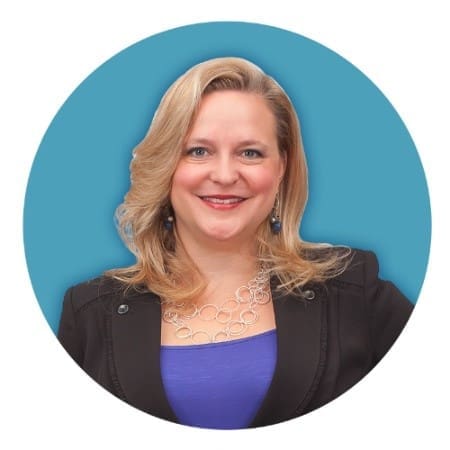
— Elizabeth Bowles, CEO of Aristotle
Bowles pointed to a widely cited Purdue University study showing a $4 return for every $1 invested in rural broadband. “Satartia is a textbook case for that kind of return,” she said. “With the infrastructure they already have, broadband could unlock real opportunities.”
Behind the Scenes: Quiet Advocacy, Big Impact
Though it was Mayor Douglas who led the charge, she wasn’t alone. The Broadband Team at Communities Unlimited (CU) provided behind-the-scenes support through a USDA-funded technical assistance grant.
CU began working with Satartia in 2024, conducting a community broadband assessment, holding public meetings, and helping residents understand their options. CU also helped facilitate the critical connection between Mayor Douglas and Aristotle’s team — and encouraged the mayor to remain an active, vocal advocate throughout the process.
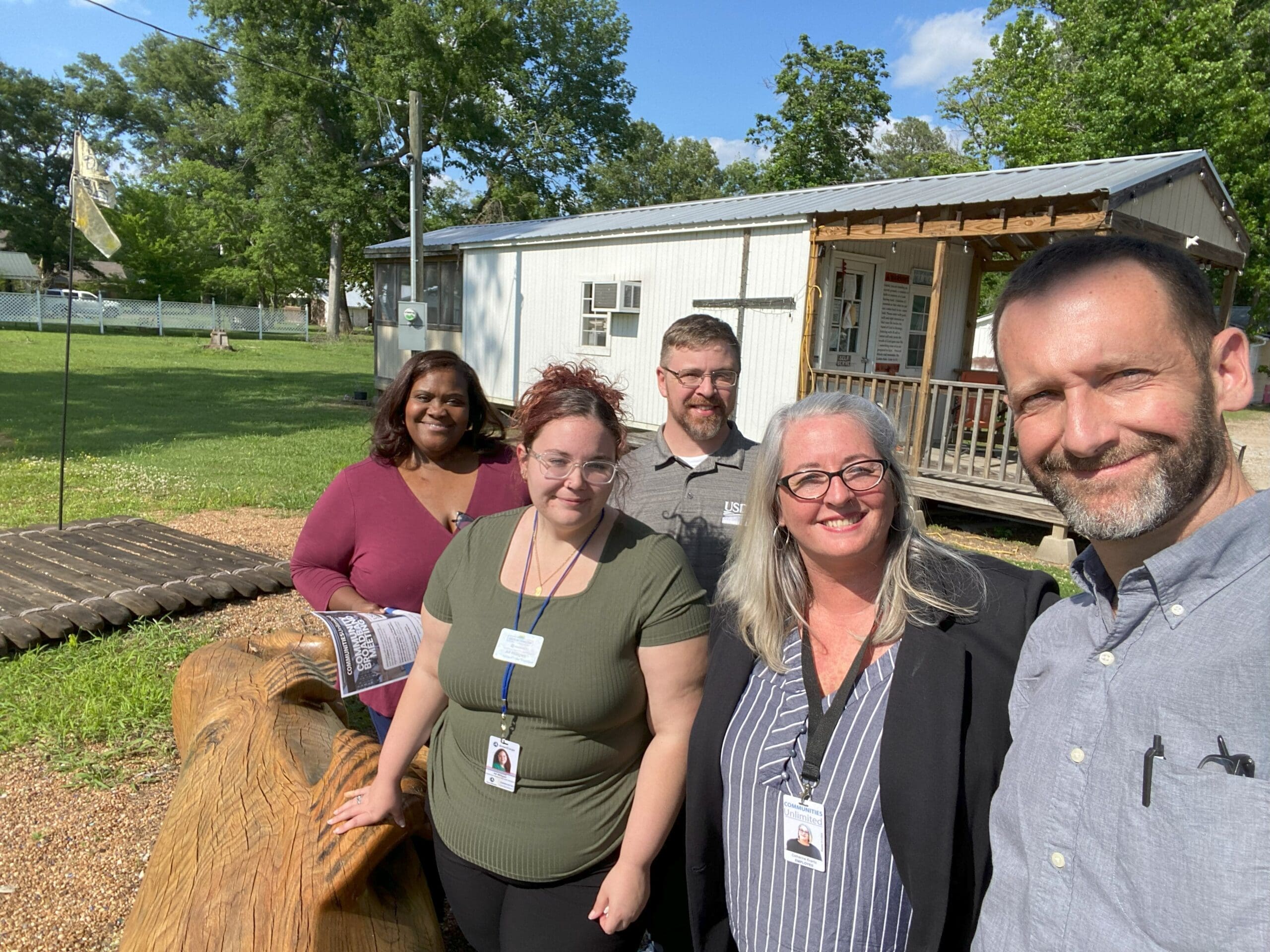
“It’s all about being the squeaky wheel. We helped Satartia build the case, connect with the right people, and keep the momentum going. Our role was to empower their leadership with the tools and data they needed to be heard.”
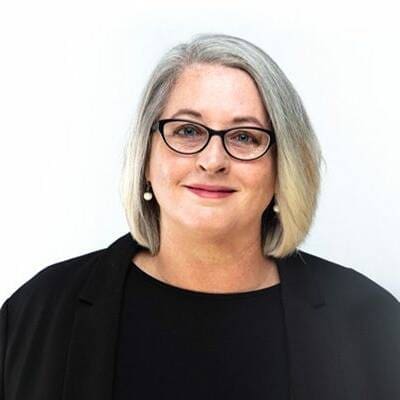
— Catherine Krantz, CU’s Area Director of Broadband
CU’s efforts proved crucial in elevating Satartia on Aristotle’s priority list. The project was further accelerated by Aristotle’s ongoing work in Bentonia — another CU-supported town in Yazoo County — allowing the provider to build out infrastructure across both communities more efficiently.
A Project Built to Last
Aristotle and EPC officially broke ground on the project during a ceremonial event on April 14 across from Satartia’s town hall, marking the beginning of a massive infrastructure rollout that will ultimately bring 650 miles of lightning-fast fiber internet to the Mississippi Delta. The build in Satartia is part of this broader initiative — a 100% underground fiber deployment, with all cable installed in conduit for long-term performance and durability.
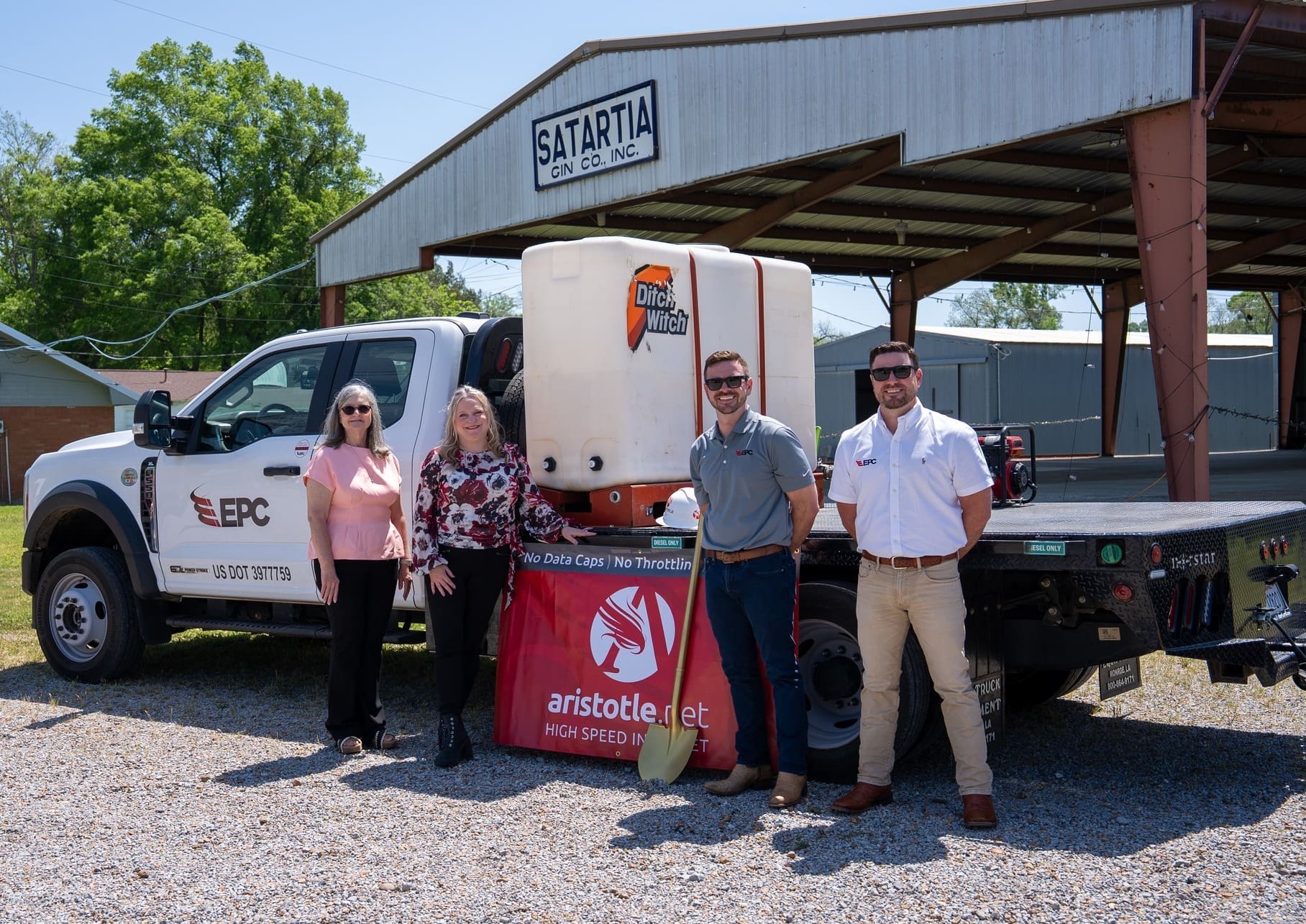
“The soil in that area is easy to work with, so we’re ahead of schedule,” Bowles said. “We’re currently putting in the conduit and expect to be blowing fiber by the end of next week.”
Once complete, every home in Satartia will have access to high-speed fiber internet. Service is expected to begin by early July, with prices starting at $40 per month and additional options available for income-qualified households.
From a construction standpoint, the work follows a clear process. “It all starts with planning — initial design, equipment procurement, and feasibility checks,” Etheridge explained. “Then we apply for permits and go through a bid process for construction. Once selected, we meet with community leaders to explain the process, the timeline, and how it might affect them.”
After safety preparations like 811 calls — a free service that alerts utility companies to mark underground lines before digging — the team installs conduits, vaults, and handholes before threading fiber through the underground pathways. “Once it’s spliced and lit, customers can request service,” Etheridge said. “We install the drop to the home, connect the modem — and just like that, they’re online.”
From Fiber Booms to Economic Booms
The benefits of broadband go far beyond faster streaming.
“Lives change. There’s hard data showing home values and average incomes go up. Communities gain access to telehealth, e-commerce, remote work — resources that weren’t possible before.”
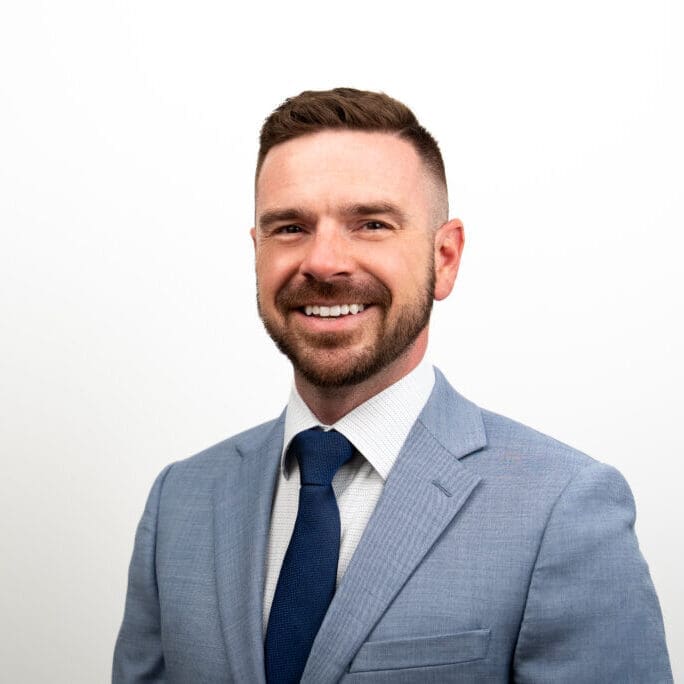
— Caleb Etheridge, EPC CEO
EPC also takes a long-term approach to its work. In many cases, they propose maintenance contracts that keep dollars in the community. “We often partner with a local community college to offer an eight-week course so people from the community can maintain the system,” Etheridge said. “Who better to maintain it than the people who helped build it?”
That economic ripple effect is what fuels EPC’s mission. “Our goal is to create a job for every person willing to have one,” Etheridge added. “When we break ground in a place like Satartia, we know we’re not just installing fiber — we’re helping to fulfill that mission.”
A Community Ready to Compete
For Mayor Douglas, this project is a game-changer. “Access to the internet means that we are bringing the Village into the 21st century,” she said. “This will help the current residents to connect to the world with the ability to enjoy telehealth visits, search the internet, and stream favorite shows. This will also make the Village competitive in having young families with children move in, as well as opening up for new businesses in the area. Our children will no longer not be able to complete a homework assignment because of no internet.”
That transformation, Bowles said, can start with one call — but it takes collaboration to make it real.
“Capital funding makes the project possible, but for networks to last, people have to use the service. That’s where groups like Communities Unlimited shine. They tell real stories that show the value of broadband and build demand. At the Satartia groundbreaking, people were already excited — but others need someone to walk them through the impact. Whether you call them digital navigators or community connectors, CU raises awareness, builds momentum, and helps make the business case. They bring communities together to advocate for service — and that collective voice moves the needle.”
— Elizabeth Bowles
A Message to Other Small Towns
As fiber rolls into Satartia, Bowles said the most common reaction she hears from nearby towns is: “Why not us?” And her answer is simple: It can be you.
“There’s probably a provider near you — reach out and ask what they need to serve your town,” she said. “Mid-tier providers like Aristotle — there are about 3,000 of us nationwide — are often very responsive, especially when a whole community shows interest.”
She also offered a note of flexibility: “Everyone wants fiber, and it’s great, but licensed fixed wireless can deliver gigabit service, too — and it’s much faster to deploy. Sometimes, waiting for the perfect solution means missing out on good solutions that could help right now.”
Satartia is living proof that broadband can happen in a community of 50 people — with the right champions, the right partners, and the right strategy.
“This is just the beginning,” Bowles said. “We’re committed to making sure overlooked communities like Satartia are no longer left behind.”
That commitment is echoed at the state level.
Sally Doty, Director of the Broadband Expansion and Accessibility of Mississippi (BEAM), praised the work already underway in Satartia.
“This work being done by Aristotle through their Rural Digital Opportunity Fund (RDOF) grant is a wonderful investment in the future of rural Mississippi and the state as a whole,” Doty said. “Folks in rural Yazoo County will soon have the ability to work remotely, use telemedicine, and even access government services from their home.”
While BEAM does not oversee the funding used for Aristotle’s current work, Doty emphasized that more opportunities are coming.
“We will soon be opening the BEAD grant portal for internet providers such as Aristotle to apply for funding to expand high-speed access to all remaining unserved and underserved addresses in the state. From Adams County to Yazoo County, or anywhere in between, high-speed access will be available to all Mississippians.”
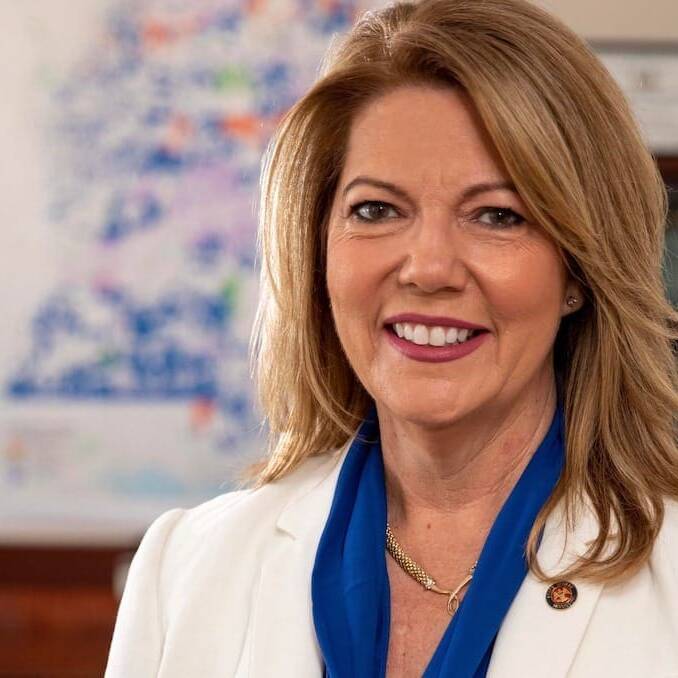
— Sally Doty, Director of Broadband Expansion and Accessibility of Mississippi

